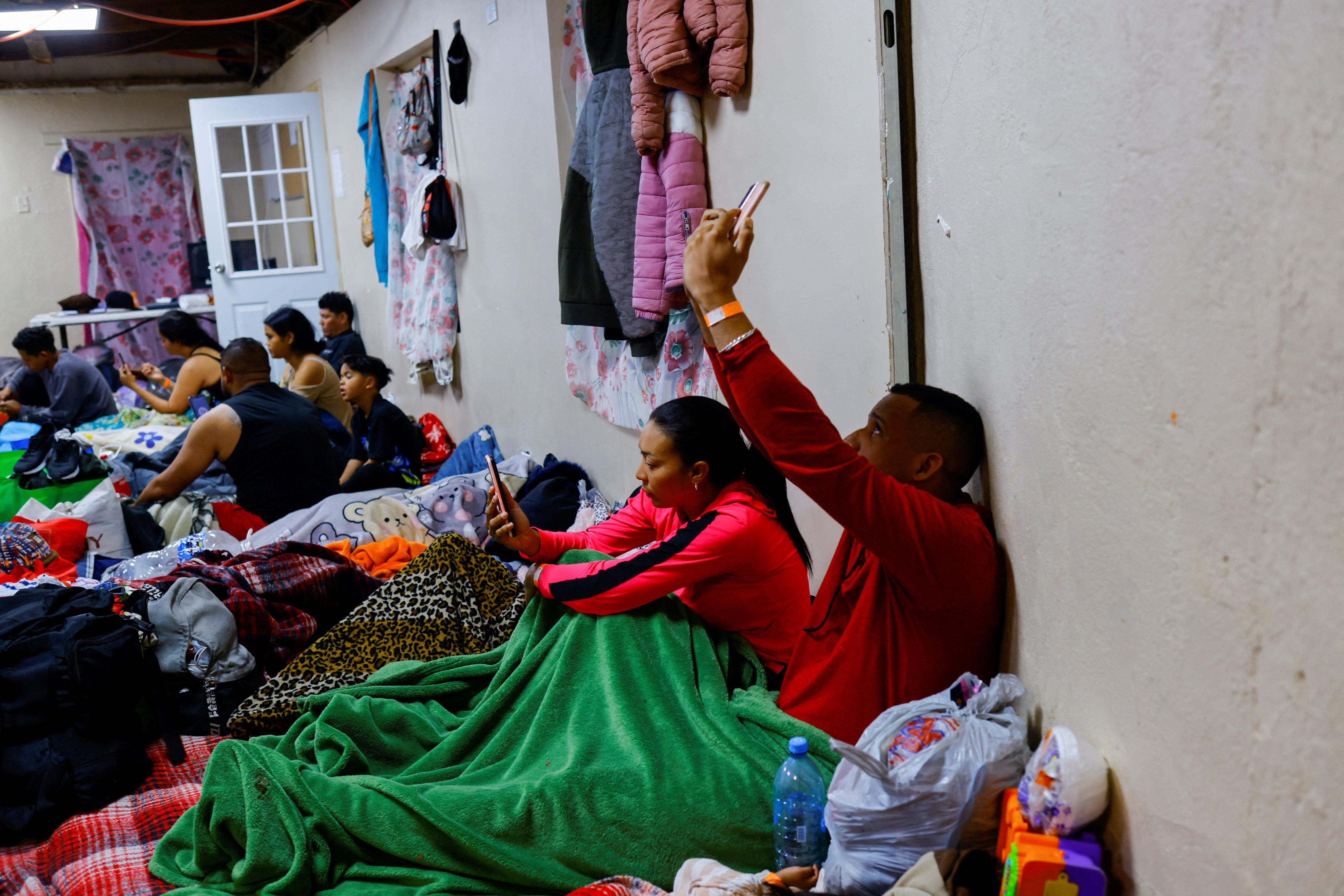2.5: A new US government app meant to speed the processing of asylum-seekers and other migrants arriving from Mexico has a rating of just 2.5 stars on Google play. Small wonder, given that the app is reportedly glitchy, difficult to use, and creates opportunities for scammers to prey on migrants and their families.
7: WFH FTW? Not in Japan’s parliament. After failing to show up to work a single time in seven months, Japanese MP Yoshikazu Higashitani was expelled from parliament on Tuesday. Higashitani, a YouTube star who specializes in celebrity gossip under the name GaaSyy, was elected last July as a member of a party whose only issue is to reform Japan’s public broadcast system.
5,600:Paris le Pew! Some 5,600 tons of stinking, uncollected trash have piled up in the City of Light, the result of an ongoing strike by public sanitation workers opposed to the government’s controversial plan to raise the pension age.
100: Argentina’s annual inflation rate
has hit 100%, cracking triple digits for the first time since way back in 1991, when, to put things in proper perspective, Maradona was still with Napoli. The country’s soaring prices are a major concern for voters ahead of what is sure to be a super-contentious
election this fall.
